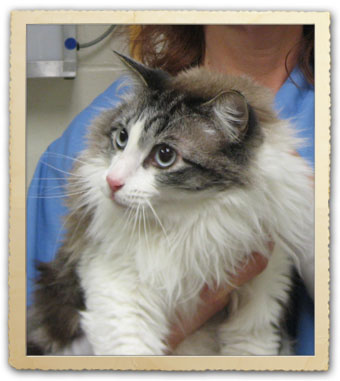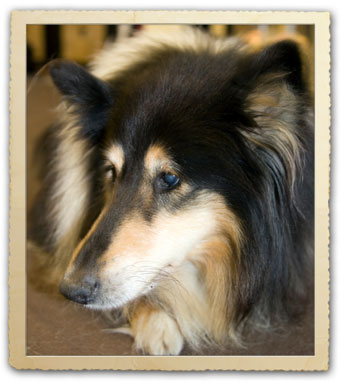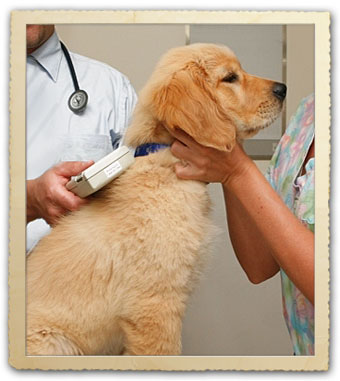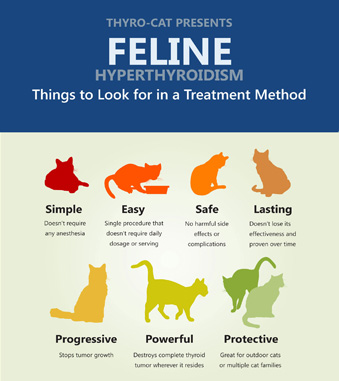Health Maintenance for Your Beloved Deer Park Pet
The Highest Standards of Compassionate Care

You love your pet. When your pet is sick, you want to find the best care possible. The entire veterinary medical team at Park Hills Animal Hospital and Wellness Center provides that special care for your pet in a compassionate and loving environment. We are committed to medical excellence and make open communication with all our clients a priority.
To maintain our high standards, we offer a broad range of veterinary services to our patients. From our comprehensive "nose-to-tail" wellness programs to the latest ultrasound technology to advanced surgical procedures, your pet receives the highest level of care available.
Allergies and Dermatology
If left untreated, allergy-related conditions can fester and become serious health concerns for your pet.
Therefore, it is important to be able to identify the first signs and symptoms of allergies and dermatological conditions. These include:
|
|
These problems can indicate a serious dermatological or allergic reaction to allergens such as fleas, pollen, dust, or various foods. If you notice any of these symptoms, it is important that you bring your pet in to Park Hills Animal Hospital and Wellness Center for an evaluation. If left untreated, these problems can become severe medical concerns.
At Park Hills Animal Hospital and Wellness Center, we take the time to explain your pet's condition, the proper method of treatment, and how to prevent future occurrences.
Glaucoma Prevention

Glaucoma doesn't only affect humans; your pet can develop this condition, too. Our team of veterinarians at Park Hills Animal Hospital and Wellness Center are skilled at identifying the early signs of this dangerous eye condition.
Glaucoma is a condition in which the fluid pressure inside the eye increases to a point where the optic nerve is damaged, causing loss of vision and blindness. It is relatively common in animals and can develop as your pet ages — this is known as chronic glaucoma; or as the result of an injury or illness — this is known as acute glaucoma.
In many cases, glaucoma can progress quite rapidly, especially when it is the result of injury or underlying illness, and is considered an emergency situation.
Symptoms to look for include:
|
|
Due to the severity and incidence of glaucoma, we recommend that your pet be checked regularly for this disease. A routine glaucoma exam is not only an effective screening measure for chronic and acute glaucoma, but can also help set a baseline measurement. Setting a baseline measurement is important because normal intraocular pressure (IOP) can vary between species, breeds, and even individual pets.
At Park Hills Animal Hospital and Wellness Center, we use an instrument called a tonometer to measure the fluid pressure inside your pet's eyes. This is a non-invasive, simple procedure that should not cause your pet any pain or discomfort. Your veterinarian will apply a mild anesthetic eye-drop to ensure your pet is comfortable during the exam.
Oncology & Cancer Treatment
The word cancer strikes fear in all of us; however, with new advances in veterinary medicine many pets are living longer with a greatly improved quality of life.
Successful cancer treatment often lies in early detection. Early detection can be difficult at times as cancer may not only present itself as a lump on the skin, but may develop inside the body. If this occurs, a thorough examination with diagnostic tests (X-rays, ultrasound) can often discover the tumor. If left undiagnosed, the disease may not be noticed until clinical symptoms develop.
Treatment also depends on the type and location of the cancer. If possible, surgical removal of the tumor is recommended. Some types of cancer are responsive to chemotherapy, which include a variety of oral and injectable drugs. Dogs and cats tend to tolerate chemotherapy well and rarely develop the side effects common in humans.
HomeAgain Microchipping

All too often a pet that has run off fails to return home. This is a terrible, frightening situation. We have all seen the sad lost pet notices posted throughout our neighborhoods. Getting lost is more than an inconvenience: It's the number one cause of pet death.
Studies have shown that more than 10 million pets get lost each year and about 90 percent would not be returned to their owner unless they have some form of permanent lost pet identification.
This is why the team at Park Hills Animal Hospital and Wellness Center views microchip lost pet IDs as a standard of protection for your pet. With a microchip, your pet can be identified quickly and easily by animal control officers, at shelters, or at veterinary hospitals. Microchips are safe and permanent identification for pets. The entire implant procedure takes less than 10 seconds.
We use the HomeAgain microchip system. The HomeAgain ID system uses microchips that register the animal with a unique identification number that is filed in a database with important contact information. This information can be updated at any time. HomeAgain uses technology that is standardized around the world so that your pet's microchip can be read at shelters in a number of countries.
HomeAgain membership offers other benefits, such as proactive pet recovery and free access to ASPCA Poison Control. HomeAgain also comes with a number of very useful services to pet owners such as their National Pet Recovery Database, Lost Pet Specialists, Rapid Lost Pet Alerts, Lost Pet Medical Insurance, Travel Assistance for Found Pets, and more.
Feline Hyperthyroidism

Feline hyperthyroidism is a serious condition that occurs in cats. It is a disorder that occurs when the feline thyroid gland produces an excess of thyroid hormone. An excess of thyroid hormone affects all of the cat's organ systems.
Feline Hyperthyroidism (or cat hyperthyroidism) occurs in middle aged and senior cats. Both feline sexes and all breeds are equally at risk. Dr. Lissman and Dr. Camay are also the co-founder of Thyro-Cat, Centers for the Treatment of Feline Hyperthyroidism.
The thyroid is butterfly-shaped gland located in the neck region of the cat. Hyperthyroidism is caused by a tumor in this gland that produces excessive amounts of thyroid hormone. Ninety eight percent of these tumors are benign (adenoma) and two percent are cancerous (carcinoma). Seventy percent of cats with thyroid tumors have both lobes of the gland affected.
Symptoms of Feline Hyperthyroidism
Symptoms of thyroid problems in cats may include:
|
|
Treatment of cats for feline hyperthyroidism with Radioactive Iodine (I-131) is the preferred method of therapy (and well as in humans). It is as easy as one injection just under the skin, much like a routine feline vaccine. I-131 is safe and effective. Thyro-Cat, located at Sachem Animal Hospital in Holbrook NY, offers I-131 for cats with hyperthyroidism.
Radioiodine I-131 feline hyperthyroidism treatment has the following advantages over medical and surgical treatments for feline hyperthyroidism:
- No anesthesia is required
- No daily medication
- Does not destroy healthy tissue
- Does not damage other tissue or organs, including the parathyroid glands
- Does not have harmful side effects
- Returns thyroid function to normal usually within one month
- Is cost effective
Thyro-Cat is an approved specialty facility with N.Y. State Department of Health for use of I-131.
If you have any questions or concerns regarding your cat or about I-131 treatment for feline hyperthyroidism, please call our office at 631-467-8228 or send us a message.
